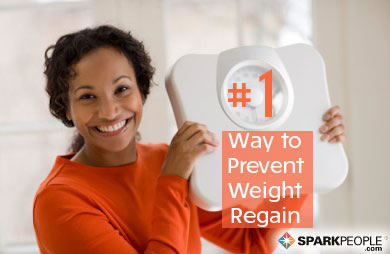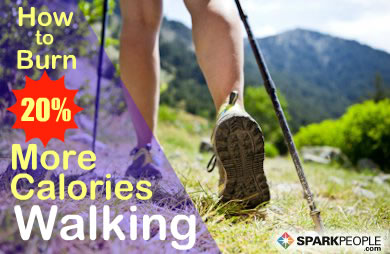|
When it comes to changing exercise and eating habits, flying solo is not a good idea for most of us. It can be tough work, with a lot of ups and downs. We need the information, ideas, moral support and inspiration we get from being around others working on the same things. Study after study has confirmed that people who use weight loss programs with a strong social component do better than those who don’t. And it’s not hard to understand why. One of the main reasons people gain weight in the first place, and find it hard to lose on their own, is that we live in an “obesogenic” environment–an environment where calorie-dense food is TOO available, and eating it is often part of “fitting in” to the social groups we’re part of, including family, friends, and co-workers. You’ve probably seen some of the magazine stories, like this one, about “how your friends make you fat.” Of course, no one literally forces you to overeat—you’re the one who puts the food in your own mouth. But if a spouse or significant other doesn’t want to change how they eat, or friends get upset when you change the “rules” on them (which might have included excessive drinking, eating, or sitting around), or co-workers act offended when you decline the office doughnuts or fast food lunches, this can generate an awful lot of pressure to give up your new behaviors and go back to the “way things used to be.” And a lot of this pressure comes from the inside, as well as the outside. It’s our nature to need and want to fit in, and it's very hard to be the “outsider” who’s playing by different rules and priorities. The bottom line is that most of us do much better, and feel much better about it, when eating and exercising the way we need to is what helps us fit in, not when it means we have to resist pressures to conform or struggle constantly with temptations. This doesn’t mean you have to make your entire social world change their habits along with you in order to stay motivated and be successful–or move yourself into a weight loss monastery where there aren’t any temptations or conflicts to contend with. You just need to find yourself a community where doing what it takes to achieve your health and fitness goals is also what it takes to fit into that community and feel like you belong there. The motivation, support and inspiration you can get there will usually be enough to get you through whatever temptations and frustrations the rest of your life throws at you–more often than not, anyway, which is all it take to succeed. But this doesn’t happen automatically when you sign up in a weight loss support group. It takes active participation in the community, and it takes identifying and asking for the particular kind of support you need—and giving something back in return. In effect, you have to create your own individualized support community from the people and resources available to you. That means, of course, you have to know both what you need, and what you have to offer. Here are some ideas you can use to identify your own support needs, and the kind of supporters you might want on your Success Squad: These are just some of the basic “characters” you’ll probably want on your Success Squad—I’m sure you can think of many others. You can find the characters you need in lots of places—in real life, and in online communities like ours here at SparkPeople. But don’t wait for them to find you—get involved and take a proactive role in finding or creating what you need. In the long run, we can all learn how to provide this kind of support for ourselves and for others. But that takes getting it from others first, learning how to use it well enough to pass it on in words and deeds, and finally, really digesting it and making it part of your own inner dialogue with yourself. When it comes to support, getting and giving it are all part of one process that makes everyone stronger. So, don't feel like you have to wait until you've "got your own act together" to be helpful to someone else. If you understand what they're going through, that's all you need to let them know they're not alone. How’s YOUR support system? Are you getting what you need--and passing it on? |
More From SparkPeople
|





















